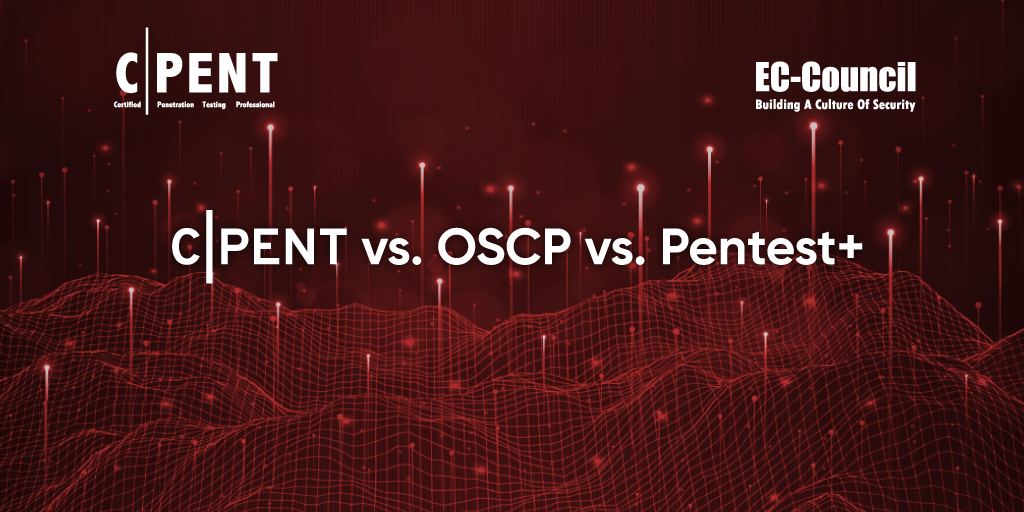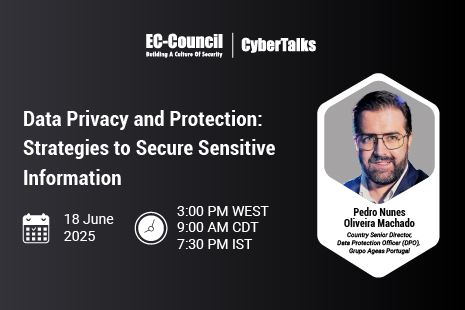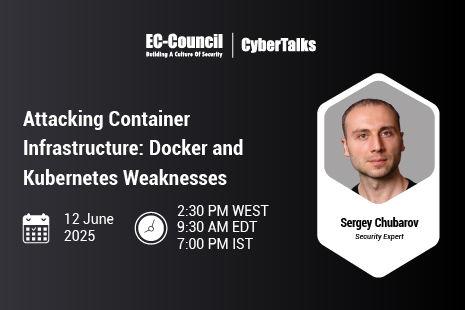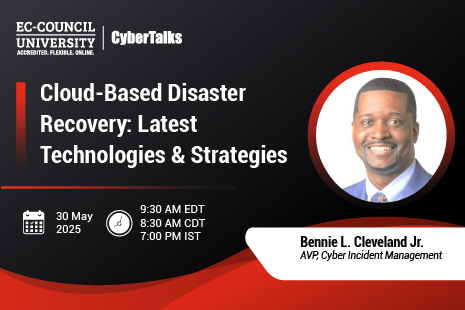Penetration testing is the act of simulating cyberattacks against an IT system, network, or application by probing for and exploiting its vulnerabilities. Many pen testers have entered the field by receiving a penetration testing certification, leading to comparisons such as CPENT AI vs. OSCP or CPENT AI vs. Pentest+.
Penetration testers need to acquire skills and experience in various domains, from networks and operating systems to programming languages and web applications. For this reason, a growing number of penetration testers are choosing to study pen tester courses such as CPENT AI, OSCP, and Pentest+. Certified penetration testers can deepen their ethical hacking knowledge, launch more effective attacks, and advance their career with the right skills.
This raises the question: What is your best penetration testing course? This article will discuss everything you need to know about CPENT AI vs. OSCP and CPENT AI vs. Pentest+ so you can make an informed decision.
What Does a Penetration Tester Do?
If you’re interested in becoming a pen tester, you might wonder: what does a penetration tester do, exactly? The most common penetration testing roles and responsibilities include:
- Planning and road mapping the attack
- Collecting information and reconnaissance
- Exploiting vulnerabilities with manual and automatic tests
- Reporting on findings and making recommendations to improve security
Penetration testing is highly technical and knowledge-intensive. The knowledge and skills needed to be a penetration tester include:
- Computer networking technologies and protocols
- The three major operating systems (Windows, macOS, and Linux)
- Popular application exploits such as SQL injections and cross-site scripting (XSS)
- Programming and scripting languages such as C/C++, Java, Python, Ruby, and Bash
CPENT AI vs. OSCP vs. Pentest+
There are three major penetration testing certifications: EC-Council’s Certified Penetration Testing Professional (CPENT AI), Offensive Security’s Offensive Security Certified Professional (OSCP), and CompTIA’s Pentest+. This section will give an overview of the three industry certifications.
Course Modules and Labs
CPENT AI includes 14 modules covering hands-on complete penetration testing methodology. CPENT AI covers 110+ hands on labs (A program with most no. of labs), live cyber ranges and CTF challenges.
OSCP includes 21 smaller modules on penetration testing topics.
Pentest+ students can take the CertMaster Learn for PenTest+ course, which includes an estimated 40 hours of training.
Validity and Recertification
CPENT AI requires its certification holders to renew their certification every two years to ensure their skills remain up-to-date. OSCP and Pentest+ do not have any such requirements.
Topics
CPENT AI covers a wider range of topics than OSCP or Pentest+. Below are some of the topics covered by CPENT AI that are not included in either OSCP or Pentest+:
- Internet of Things (IoT) penetration testing
- OT and SCADA penetration testing
- Cloud penetration testing
- Database penetration testing
- Mobile device penetration testing
- Binary analysis and exploitation
- Penetration testing essential concepts
- Fuzzing
- Perl environment and scripting
- AI powered penetration testing skills mapped to all pen testing phases
Exam Details
CPENT AI course graduates must pass a stringent 24-hour proctored exam (optionally broken into two 12-hour exams). These exams thoroughly evaluate students’ ability to solve practical, real-world penetration testing problems.
Job Roles
CPENT AI can help prepare students for various cybersecurity job roles that use penetration testing. These include:
- Ethical hackers
- Penetration testers
- Network administrators
- System administrators
- Digital forensic analysts
- Cloud security analysts
- Security operations center (SOC) analysts
- Security engineers
- Security architects
Hands-on Labs
CPENT AI includes more than 100 advanced labs to give students hands-on experience with penetration testing. OSCP and Pentest+ also include lab environments for students to practice their pen testing skills.
Learning Environment
CPENT AI offers a wide range of learning methods. Students can self-study by watching videos online, synchronous lectures online, or taking the course through a training or education partner in person. Pentest+ is also available online or in person, but OSCP is only available online.
Target Audience
CPENT AI is intended for advanced penetration testers who want a complete overview of the field of pen testing. Meanwhile, OSCP is an entry-level pen testing certification, and Pentest+ sits in the middle for intermediate learners.
Standards Mapping
CPENT AI maps to cybersecurity standards such as the National Initiative for Cybersecurity Education (NICE) Framework. The OSCP and Pentest+ certifications have no such mappings.
Difficulty
CPENT AI is a challenging certification that thoroughly covers advanced topics in penetration testing. Despite being less advanced courses, OSCP difficulty and Pentest+ difficulty is also considered high (see below).
Eligibility
CPENT AI, OSCP, and Pentest+ do not have any formal eligibility requirements or prerequisites. OSCP encourages students to have a “solid understanding of TCP/IP networking, reasonable Windows and Linux administration experience, and familiarity with basic Bash and Python scripting.” Pentest+ recommends “a minimum of three to four years of hands-on information security or related experience.”
Is CPENT AI Worth It?
If you’re wondering, “Is CPENT AI worth it?”, the better question might be: “What am I hoping to learn and achieve with the CPENT AI certification?”.
The CPENT AI program offers comprehensive, rigorous coverage of industry best practices for advanced penetration testing tools, techniques, and methods. CPENT AI includes 14 theoretical and practical hands-on modules that teach students to identify weaknesses in various IT environments, from networks and web applications to the cloud and Internet of Things (IoT) devices.
In particular, CPENT AI covers advanced pen testing skills such as:
- Windows and Active Directory attacks, including Kerberoasting and golden ticket attacks
- Exploitation of 32-bit and 64-bit binaries
- Double pivoting, privilege escalation, and evading defense mechanisms
- Automating cyberattacks with scripting languages
- Writing informative and professional penetration testing reports
Which Pen Testing Certification is Best for You?
This article has discussed the crucial differences between the CPENT AI, OSCP, and Pentest+ certifications for penetration testing. So, which pen testing certification is right for your situation?
The CPENT AI certification is best for:
- Cybersecurity professionals who want a complete overview of advanced penetration testing tools, techniques, and methodologies.
- People who want a variety of flexible learning environments, including in-person and online.
- Students who need a reputable, well-established pen testing certification that maps to cybersecurity frameworks such as NICE.
The OSCP certification may be best for:
- Cybersecurity professionals who are new to penetration testing and want to cover only introductory topics.
The Pentest+ certification may be best for:
- Cybersecurity professionals who want an intermediate penetration testing certification, neither too basic nor too advanced.
If the CPENT AI certification sounds like the right fit for you, it’s never been easier to begin. Ready to jumpstart your career in the dynamic and rewarding field of pen testing? Learn more about the CPENT AI penetration testing certification today.
References
1. NIST. (2023). NICE Framework Resource Center | NIST. https://www.nist.gov/itl/applied-cybersecurity/nice/nice-framework-resource-center
2. Reddit. (2023). OSCP feels almost useless for real engagements. : oscp. https://old.reddit.com/r/oscp/comments/11ff5rk/oscp_feels_almost_useless_for_real_engagements/
About the Author
David Tidmarsh is a programmer and writer. He’s worked as a software developer at MIT, has a B.A. in history from Yale, and is currently a graduate student in computer science at UT Austin.










